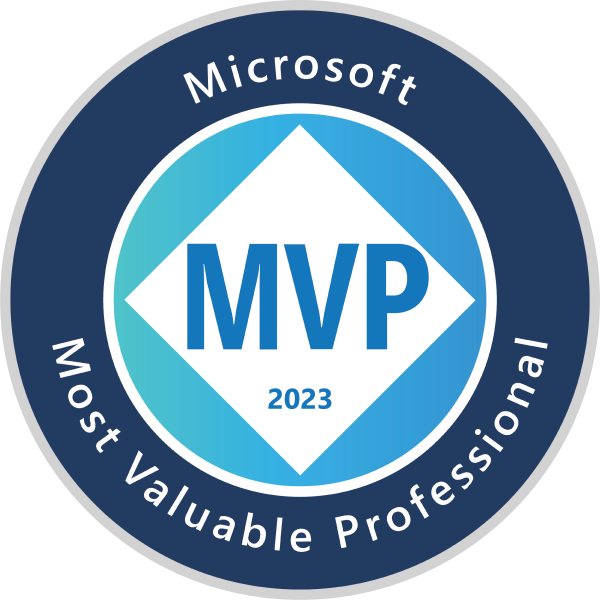Hi!
I wanted to inform you that Private Endpoint support is now available as part of the Malware Scanning public preview in Defender for Storage. If you’re unfamiliar with the Malware Scanning feature in Defender for Storage, I highly recommend reading this informative blog post.
This exciting capability allows you to enable Malware Scanning on storage accounts that utilize private endpoints. By leveraging private endpoints, you can establish secure connectivity to your Azure Storage services, effectively eliminating any exposure to the public internet. This security measure aligns with the best practices for safeguarding your data.
If you already have Malware Scanning enabled on storage accounts with private endpoints, it’s important to note that you will need to disable and re-enable the plan with Malware Scanning for this new feature to work seamlessly.
Maxime.
